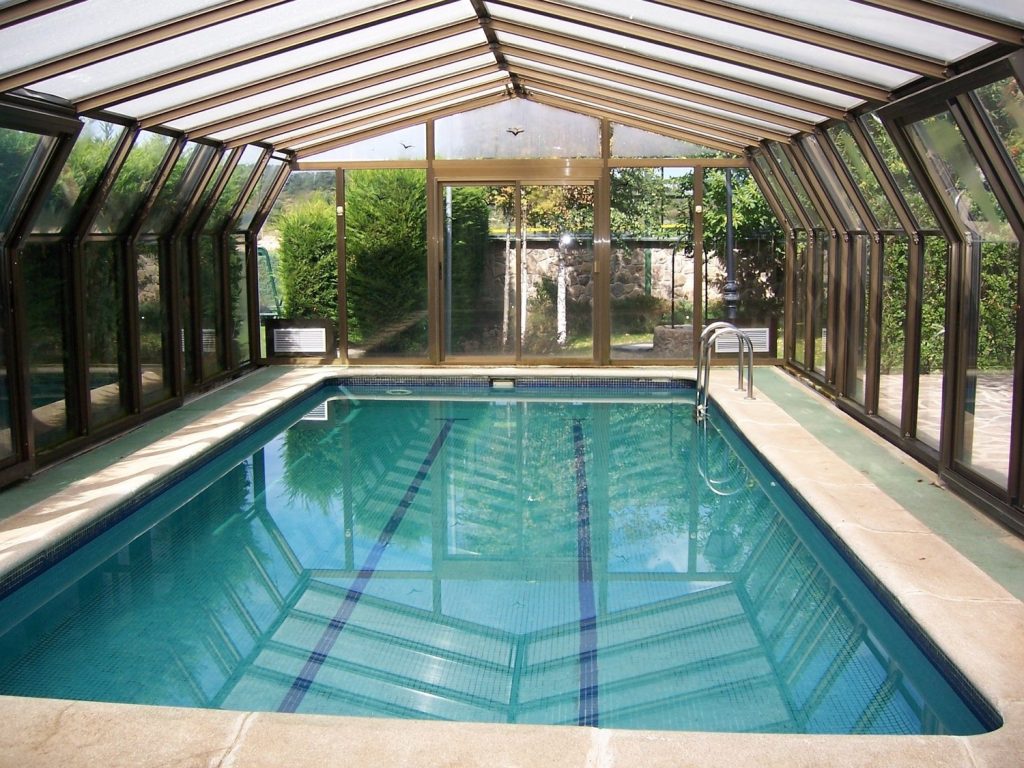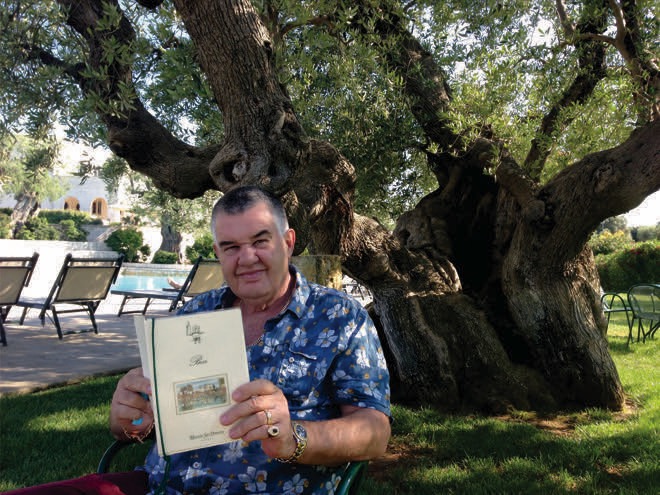Choosing the best pool heating system will not only extend your swimming season, but also allow year-round pool use. Here, our guide reveals how to choose the right pool heating for you
Using your swimming pool throughout the year should be a goal for pool owners who want maximum returns on their investment. Installing the right pool heater can extend your swimming season by up to four months and beyond.
Today, trans-seasonal pool heating is becoming even more commonplace. There are now a range of pool heating solutions to choose from depending on your budget, location and lifestyle. Creating and maintaining the ideal pool temperature doesn’t come naturally. Pool water predominantly hovers around the 18°C to 20°C mark. However, a designated heating system will bump it up to comfortable levels of around 25°C to 29°C. There are three main heating options to choose from: solar, gas and heat pumps.
Solar pool heating
The most environmentally friendly option of all, solar pool heating operates with the energy of the sun. In a solar pool heater, pool water is pumped through the filter and then one or more solar thermal collectors via a solar pump located on the roof. The water is heated on the roof, then returned to the pool.
Unlike many other pool heater types, solar pays for itself in just a few years. After the initial setup cost, the ongoing running expenses are minimal as heat is provided free from the sun. The electricity used to pump the pool water through the solar absorber on the roof is the only operating cost. Solar heating systems are also simple to maintain, making year-round pool use easy.
The amount of heat absorbed and the subsequent increase in temperature depends on three key criteria:
- The size or area for the collector and the number of tubes per square metre
- The location of the collector
- The quality of the collector system
Ultimately, the biggest influence is exposure to the sun. If you live in an area that does not get a great deal of sunlight, a solar system is not a viable option. Similarly, if your roof is small or under a significant amount of shade, you will be unable to run a solar heater. A solar pool heater works well as a complement to a heat pump or gas heater.
Heat pumps
Reliable, highly efficient and economical to run, heat pumps extract heat from the air (similar to a reverse-cycle air-conditioner) and use that heat to produce hot water. Compared to gas and electric element heating, heat pumps use just a fraction of the energy to generate the same amount of heat.
Benefits of heat pumps include their high energy efficiency and lower running costs. As a guide, you can save up to 80 per cent over LPG, 50 per cent over natural gas-fuelled heaters and 500 per cent over electric heaters.
One of the disadvantages of this type of system is that it can lose its high energy efficiency slightly once the weather cools down, as the pump has to work harder to heat the water against the outside temperature. However, unless you live in an area that experiences very low winter temperature, this should not be a concern.
Gas pool heating
Gas heaters are the fastest method for heating your pool, providing a comfortable temperature for swimming on demand. Put simply, they could extend your swimming season all year round. Gas heating systems use natural gas or LPG, heating the pool water by pumping it through a heating unit.
A key advantage of a gas heater is that it can heat pool water much faster than a solar or heat pump system can, and will heat the pool water up to 40°C, no matter how cold the climate. Gas heaters are also able to maintain any desired temperature regardless of the weather.
Selecting the right-size gas heater depends on three key factors:
- The amount of water to be heated
- How long you are prepared to wait for your pool to heat up
- Your preferred swimming temperature
Many offer dual temperature controls ideal for spas that are heated to higher temperatures than pools.
No system is without some drawbacks. Gas could be considered less efficient compared to heat pumps and solar heating systems, but this depends largely on the climate you live in and the gas supply.
Another disadvantage is that gas heaters can cost more to run, so are best suited to a pool that does not get used often during winter. This system also lacks longevity, compared to the other types; a properly installed and maintained system may only last five years with year-round pool use.
Written by Bryan Goh, Waterco
Waterco’s multi-award winning pool and spa products are high quality, diverse and continually evolving to reflect advancements in modern pool and spa technology.
Waterco is committed to bringing you the very best in pool and spa; from the very latest MultiCyclone pre-filters, next generation heat pumps and multi-speed pumps, to some of the most energy efficient LED pool lights on the market.
Read more and explore the full range of pool heating at the Waterco website














